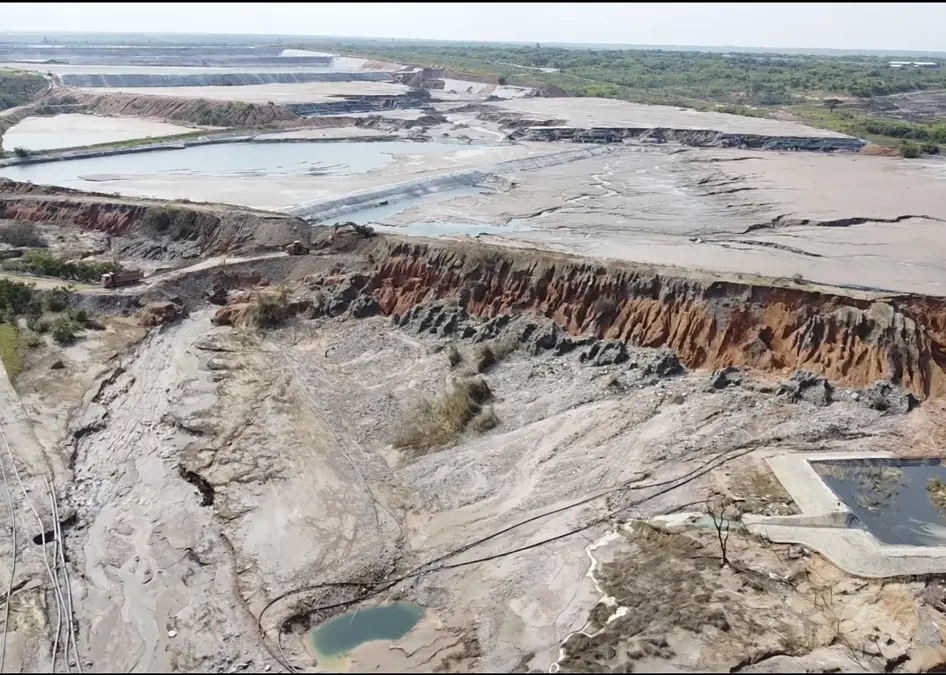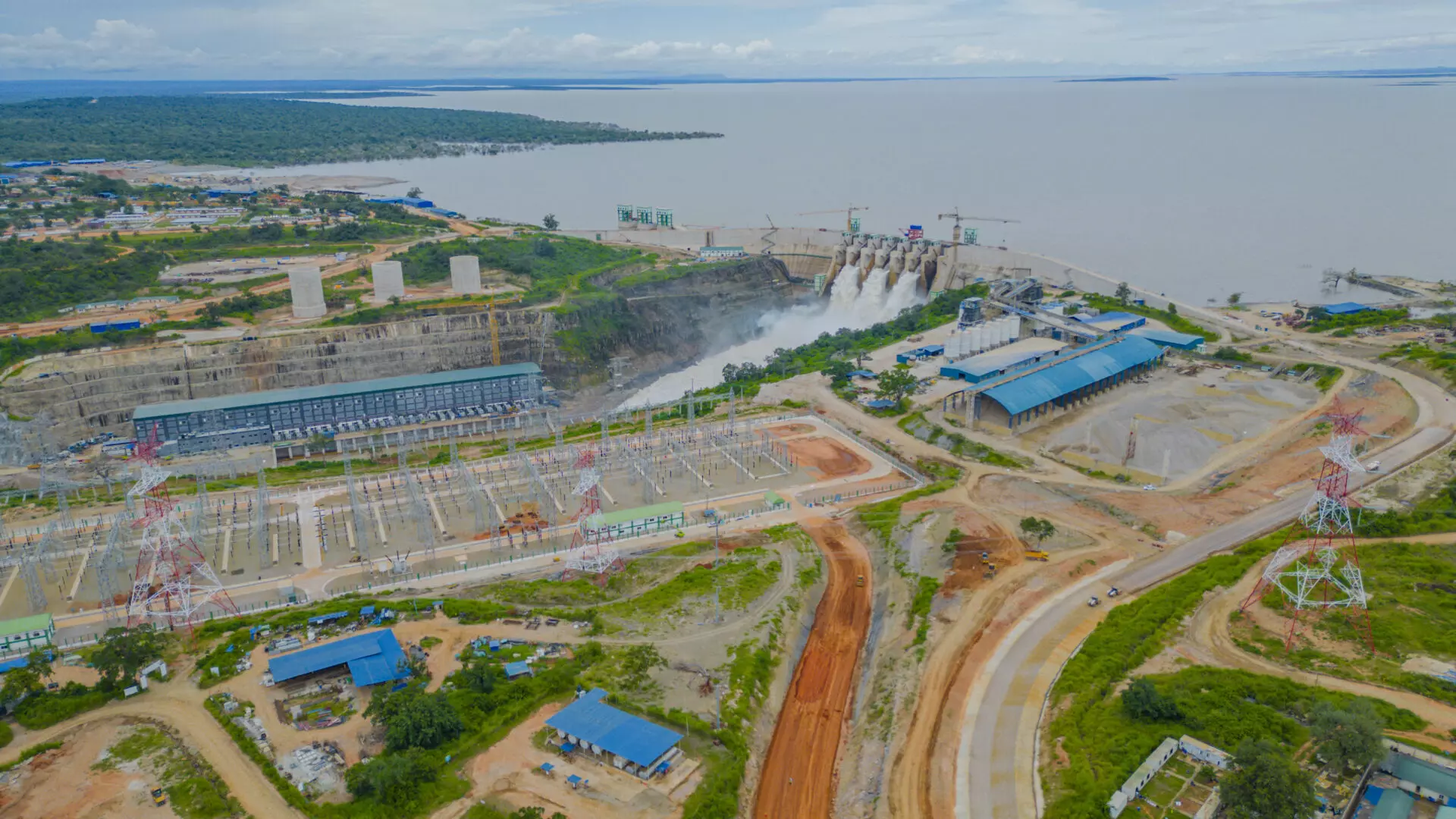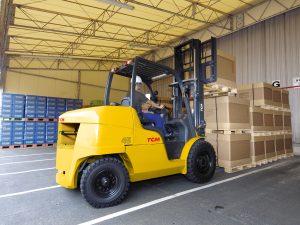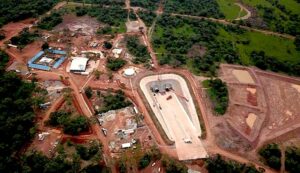Leading mining companies invest R40 million in geosciences research at Wits
The Bushveld Geology and Metallogeny Research Chair will advance the mining industry and develop the next generation of geoscientists.
The Bushveld Geology and Metallogeny Research Chair was announced on Friday at Wits University. The Research Chair, based in the Wits School of Geosciences, will conduct research in geology and metallogeny, foster a new generation of highly qualified industry-based geoscientists, and create awareness about the importance of the Bushveld Complex.
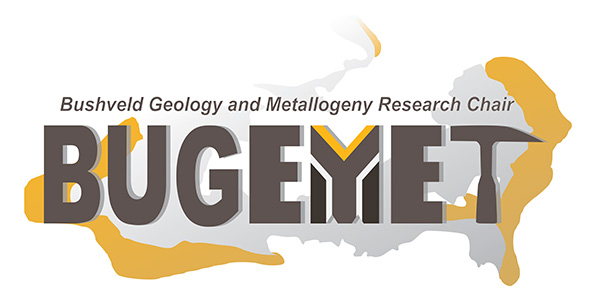
The Research Chair, worth R40 million over five years, is supported by African Rainbow Minerals, Dwarsrivier Chrome Mine, Northam Platinum, Rustenburg Platinum, and Sibanye-Stillwater Platinum Mines.
Professor Rais Latypov, a world leader in the field of mafic-ultramafic layered intrusions, and the incumbent of the Bushveld Geology and Metallogeny Research Chair, explains the importance of the Bushveld Complex to the mining sector, and the South African economy: “The buoyant commodity prices across the globe over the past three years have contributed to a significant re-focus of the South African mining industry on the Bushveld Complex, which holds vast amounts of chromium, platinum group elements and vanadium mineral resources, all of which are required materials of the future.”
The Bushveld Geology and Metallogeny Research Chair will:
- Create new knowledge through conducting fundamental and applied research on the geology and metallogeny of the Bushveld Complex, including the physico-chemical processes that produced its metal resources thereby assisting in the current exploration and mining in response to greater demands for these critical elements worldwide,
- Foster a new generation of geoscientists that are home-grown, highly qualified, and industry-based, through intensive postgraduate and postdoctoral training programmes, skills training through CPD-accredited courses, and support for the Bushveld Geological Society of South Africa’s branch activities, including organising lectures, workshops, conferences and field trips for both industry- and university-based geoscientists to update their knowledge and share their research, and
- Create public awareness through hosting scientific knowledge talks and field excursions for the general public, learners, and the media and developing a website to inform, educate and create awareness of projects being undertaken.
“This partnership will ensure that exploration and mining of the Bushveld Complex will be based on fundamental science and will promote the professional development of geoscientists in industry as well as new postgraduate students. Five major research themes have been agreed that are of interest to all partnering companies,” said Professor Gillian Drennan, Head of the Wits School of Geosciences, which turned 120 this year. “There is also a strong outreach programme that will inform the public of how important geology and the minerals industry is to the future of our economy, the just transition to a greener economy and a circular economy, and to solving real-world problems such as climate change and the development of a sustainable built environment.”

“This partnership recognises the strategic importance of mining and how it impacts the environment, and the future of communities,” said Nithaya Chetty, Dean of the Faculty of Science.
Wits Vice-Chancellor and Principal, Professor Zeblon Vilakazi congratulated the School for the important role that they have played in the South African mining industry for over 120 years. “Wits’ origins are inextricably linked to the birth of Johannesburg and the South African mining industry, and the Wits School of Geosciences has played a significant role in research, teaching and learning in the sector for over a century. This Research Chair is a continuation of this contribution and is significant because its tangible outputs will advance mining and exploration and will benefit the South African economy. More importantly, the focus on sustainable mining, the just energy transition, new green technologies, climate change, and the impact on communities, will help to address the challenges that we face with regards to climate sustainability and inequality in a developing country like South Africa.”
Share this content:



